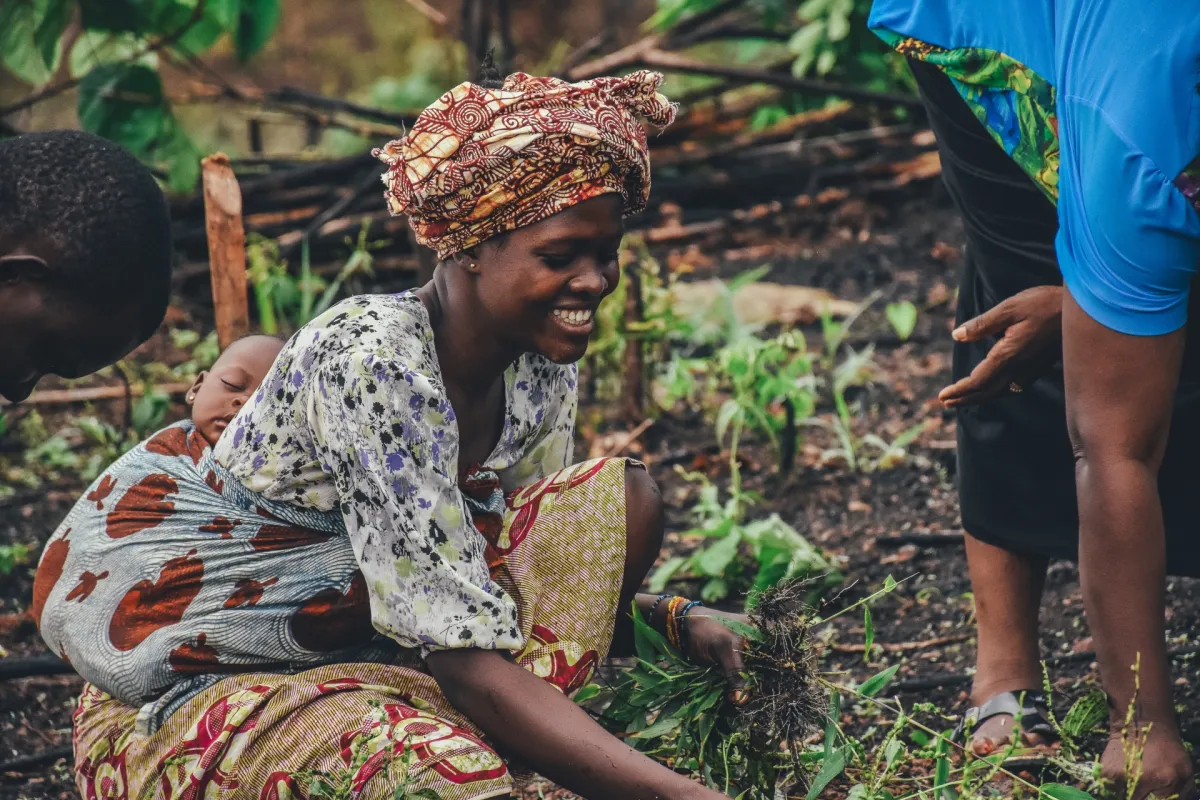Safe Delivery Program
Sierra Leone has one of the world’s worst maternal mortality rates. One in 17 women die during childbirth, a devastation for families and communities. While many of these deaths are preventable, access to safe deliveries remains a barrier to communities in humanitarian settings.
Project status
Content navigation
About

Sierra Leone (2017 - ongoing)
Sierra Leone has one of the world's worst maternal mortality rates. One in 17 women dies during childbirth, devastating families and communities alike. We are working with Médecins sans Frontières (MSF) to understand what enables and what blocks access to effective basic emergency obstetric and newborn care (BEmONC) in MSF's reproductive programs – to reduce maternal and under-5 mortality rates. We quickly realised a parallel sexual and reproductive health program for adolescent girls would significantly strengthen Safe Delivery.
So our work has included two rounds of a study conducted in partnership with local MSF colleagues. The same baseline 2016/17 and follow-up (2021) study was used to examine mortality and health-seeking behaviours.
Comparing the baseline to follow-up, results showed:
- Maternal death surveillance improved between the studies, as well as, a reduction in under 5 mortality rate.
- Adolescents’ access to confidential advice and care is often limited. This increases their vulnerability, risk of unwanted pregnancy and debilitating associated injuries.
From this evidence, we will implement and evaluate co-developed programs to improve BEmONC quality, coverage, and uptake. These best practice training programs for local doctors and nurses bolsters maternal health support.
We will leverage this evidence to work with the Sierra Leonean government to implement the program nationally. Our findings will also inform MSF's maternal health programs to deliver sustainable change to minimise maternal and newborn deaths long-term.in Sierra Leone, while also transforming MSF’s maternal healthcare worldwide.
Papua New Guinea (2017-2020)
Women and newborns in Papua New Guinea (PNG) experience some of the highest rates of preventable mortality in the world. The majority of women in Papua New Guinea (PNG) give birth unsupervised and outside of a health facility.PNG health staff developed and have been implementing a community health worker (CHW) Upskilling Program aimed at strengthening the basic emergency obstetric and neonatal care skills of CHWs in health centres in Papua New Guinea since 2012.
We partnered with these health staff to evaluate the impact of this program in two provinces, Eastern Highlands (EHP) and Simbu Provinces. CHWs who participated in the 2018 EHP training reported improvements in their knowledge, confidence in their skills, and improved referral networks who. Data from participating facilities in Simbu Province showed a 24% increase in facility births, an overall reduction in referrals and no change in rates of stillbirths when comparing the periods before and after training.
Our findings provide evidence about the feasibility and acceptability a low-cost training program for primary care level health staff in Papua New Guinea. This program has the potential to address maternal and neonatal health outcomes through improving the quality and uptake of BEmONC services in rural and remote, low-resource settings.






